Uses and Benefits of Pulse Oximeters
A pulse oximeter is a device intended for the non-invasive measurement of arterial blood oxygen saturation (SpO2) and pulse rate. Oximeters are widely used in hospitals, medical clinics, operating rooms, and homes. Both oxygen saturation level and pulse rate are vital signs of a patient. Oximeters are inexpensive and can report an accurate reading within seconds. Speed is important especially in an emergency situation.
A pulse oximeter is used medically by patients with asthma, emphysema, chronic obstructive pulmonary disease (COPD), chronic obstructive airway diseases (COAD), and other respiratory conditions. Patients with serious respiratory problems should have their SpO2 levels check regularly and especially if they are not feeling well.
For many patients, doctors often recommend exercise to improve their physical state. However exercise can result in increasing shortness of breath, patients should monitor their oxygen saturation with pulse oximeters while exercising so they can adjust the pace as the oxygen saturation decreases.
Patients with serious cardiac conditions would often experience low SpO2 levels. Pulse oximeters would help them to monitor their conditions and use supplementary oxygen when required. Pleth graph produced by a pulse oximeter shows the change in blood volume during a heart pulse is often a good indication of certain heart conditions.
Pilots, mountain climbers, and people in high altitudes also use pulse oximeters to help guard against hypoxia.
Proper breathing techniques, such as pursed-lip breathing, can increase your oxygen saturation level. Lots of patients with low oxygen saturations are able to increase their saturations all the way up to 93% with good breathing techniques. Practice and pulse oximeter will help patients to achieve this level of efficiency.
The pulse oximeter can also help athletes in high altitude training. The reduction in oxygen level can increase red blood cells in athletes and help to increase his/her endurance.
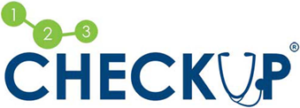
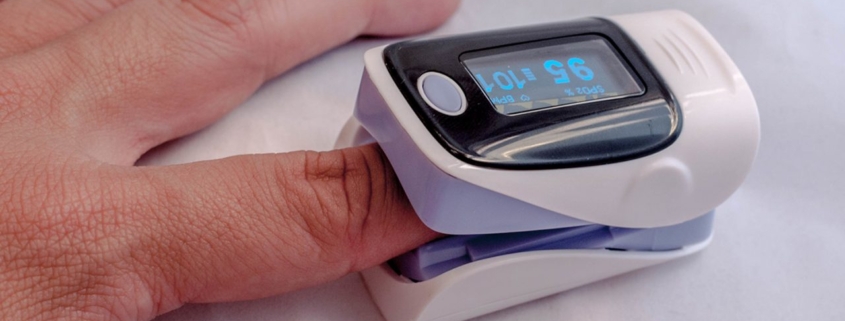


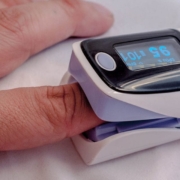
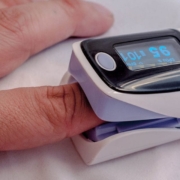
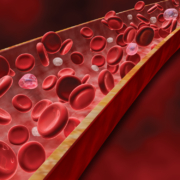

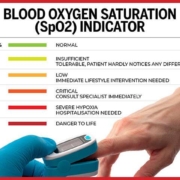


Leave a Reply
Want to join the discussion?Feel free to contribute!